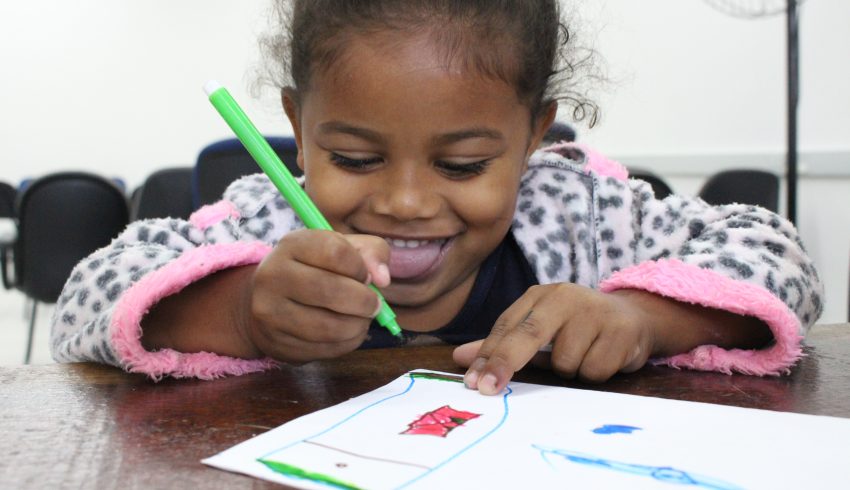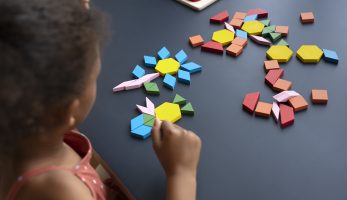Education: the importance of parents’ involvement in their children’s school life
By Gisele Mota, Education Coordinator at the Dara Institute
At ther Dara Institute we show how the presence of those responsible in the learning process of children and adolescents is fundamental and impacts their performance at school
“Educating is showing life to those who have not yet seen it”, said educator Rubem Alves. When talking about education, the school in general is the institution that comes to mind. But the family also plays an important role in the education of children and young people. In order to “show life” to children and young people, educators and guardians must work together.
Here at Dara, part of the work carried out by the Education area is to raise awareness of the importance of families in the school life of children and adolescents. It is not enough just to have children and adolescents enrolled in school. They need to actually go to school. These first steps are followed by us during the families’ monthly visits.
Within the reality of the public we serve, education often did not have the chance to be prioritized by those responsible at the appropriate age. In Brazil, 51% of adults have not completed high school, according to 2019 data from the IBGE. The need to work to help at home is one of the main reasons and this interruption in education is reflected in the next generations.
We want to show ways to break this cycle and support those responsible to be different with their children. For this, it is necessary not only to show the importance of education, but also that this incentive now, with small attitudes, can contribute to the future of children and adolescents.
Our focus – and one of the most challenging activities – is to show parents the importance of being present in their children’s school life. School is complementary to family life. If attendance is assiduous, as we defend here, the child spends a good part of the day at school. Therefore, the responsible person needs to know what is happening in this environment. Talking to teachers, looking at the activity book, at the school itself and ensuring attendance at classes are fundamental and basic points.
But amid the challenges families face, children and youth can be harmed. If you can’t change the routine and adjust it to the school schedule, the child ends up missing a lot, for example. After an exhausting day, can accompanying your child with their homework be complicated? Yes, but it is necessary. We show that it is necessary to be different. They must be the priority of those responsible, so that they reap in the future what they are sowing today.
Without this presence, the message that can be left is that studying is not that important. Taking a moment to talk and find out how they are feeling is a good alternative to forming bonds of affection. It is in these small moments that the richness of coexistence is realised and they are also the ones that will impact the future and the adults they want their children to become.
So it’s not just about literacy, math or science. It’s about creating human beings, who need attention, care and information. We invite family members to reflect: what can you change in your routine today that will pay off in the future?
Our work is very focused on what they want to build in the present to reap in the future. And, mainly, in the awareness that today is already part of the future and that, in order to have better adults in the world, we need to start the instigating the changes and building on more solid foundations now.




